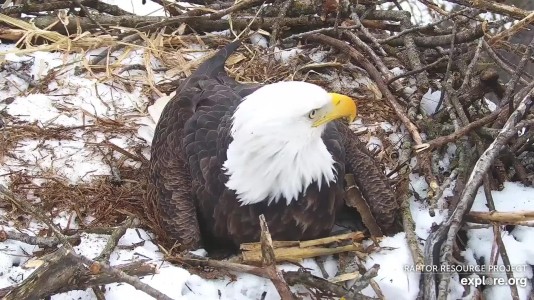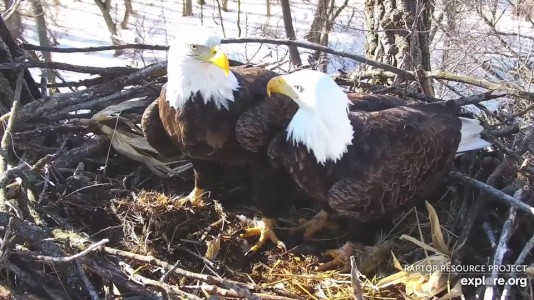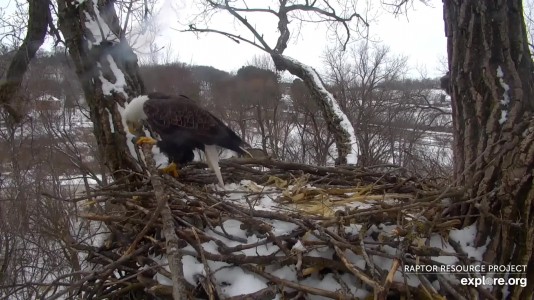One sunny afternoon in the heart of Laikipia plateau along the Ewaso Ng’iro river in Kenya, two young boys found their way to the Mpala hippo pool. For a moment, they forgot their flock of sheep and instead “played” with the seemingly lazy giants in the pool. They hurled sticks and pebbles at the hippos oblivious of the fact that these animals kill more people in Africa than any other animal.
Hippos can weigh up to 4,400 lb (2000 kg) and are known to be highly aggressive in defending their young and territories. Reaching speeds of up to 20 miles an hour (32kph) on land, humans are no match for these surprisingly swift animals. It is not hard to imagine what could go wrong in this scenario. Fortunately, viewers watching the live camera feeds on explore.org raised the alert. The message was urgently passed on to Mpala’s and the neighbouring conservancy’s security. Easily identified on camera, our rangers talked with the boys, parents, and teachers and a possible disaster became a teachable moment.

Nearly 3,000 people die annually from injuries inflicted by hippos. These delicate and huge mammals love water which keeps their skin cool in the sun. Submerged, they can hold their breath for up to five minutes often walking or standing on the floor of the river. In the evenings, hippos leave the water pools to graze. If threatened on land hippos run back into the water, mowing down anyone in their path.
As part of the education outreach program, Mpala invites and hosts at least 12 groups of primary school pupils every year. These schoolchildren are drawn from the Northern Kenya Conservation Clubs (NKCC) within the region. The teachers and club coordinators use curriculum developed with help and resources from explore.org, Kenya Wildlife Service, and Princeton University among others. The resources adapted for both Kenya and United States classrooms are free and are available online for teachers and students. During the trips to Mpala Research Centre, children go on a guided tour that includes a visit to the live cameras control room before heading out for a game drive. At the hippo pool, pupils see their lessons come alive.
Today, human-wildlife conflict continues to be a big threat facing many regions and species in Africa. As more people cross paths with wildlife, direct damage is inevitable. Developing technology such as live cameras to monitor wildlife, migration corridors and endangered species is one of the foremost solutions to the problem.
Mpala’s hippo pool and the live cameras streaming on explore.org are not only a unique addition to daily experiences for millions of people around the world but also a resource for rangers at Mpala, researchers, over 400 schoolchildren in the NKCC, their families and the thousands more that form the immediate community, and classrooms around the globe.
Peace,
Victor Kasii @mpalalive



